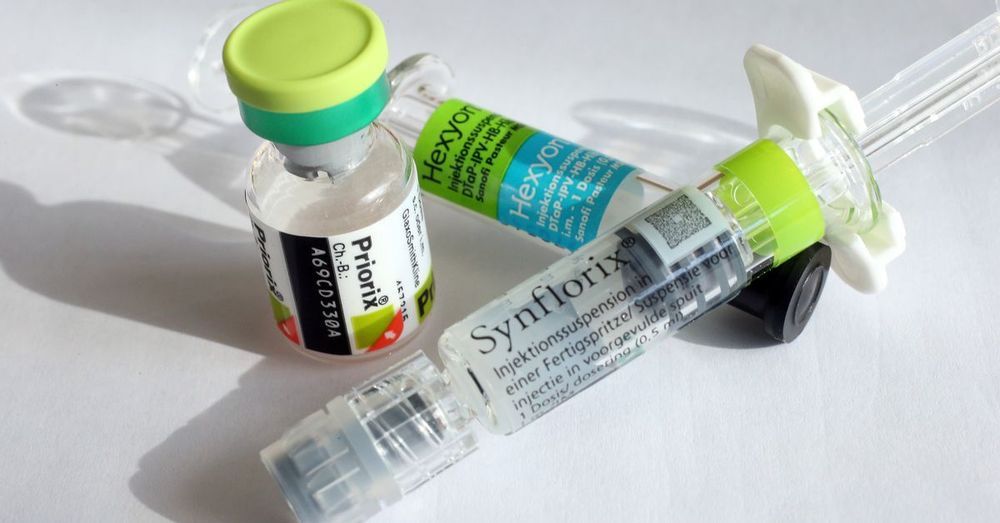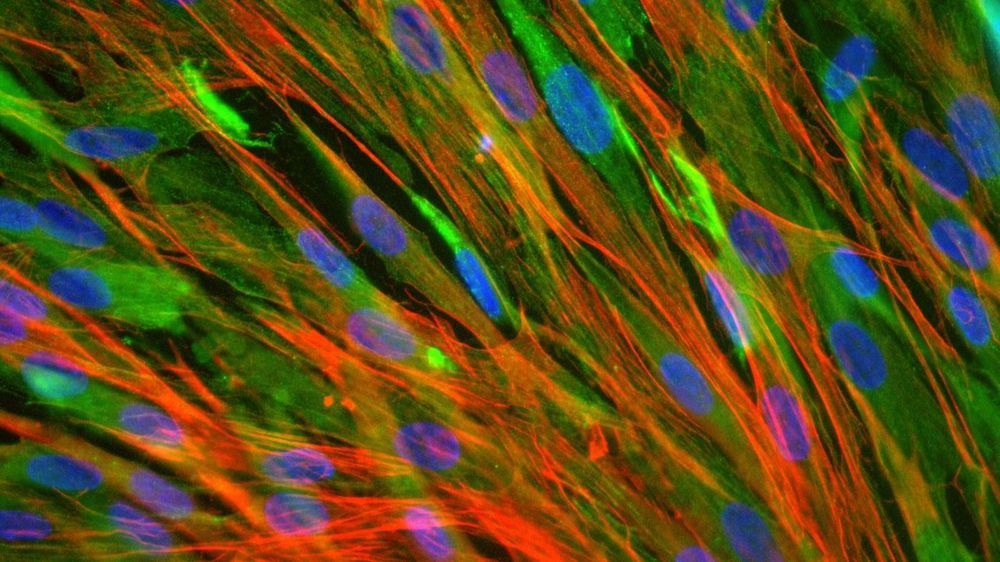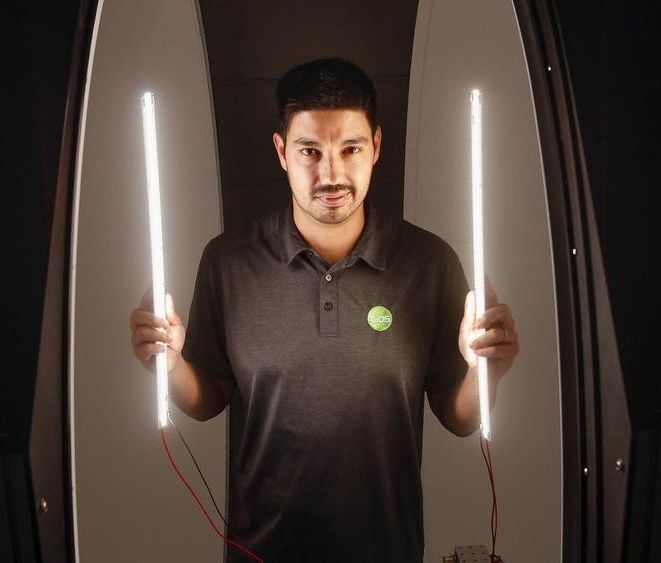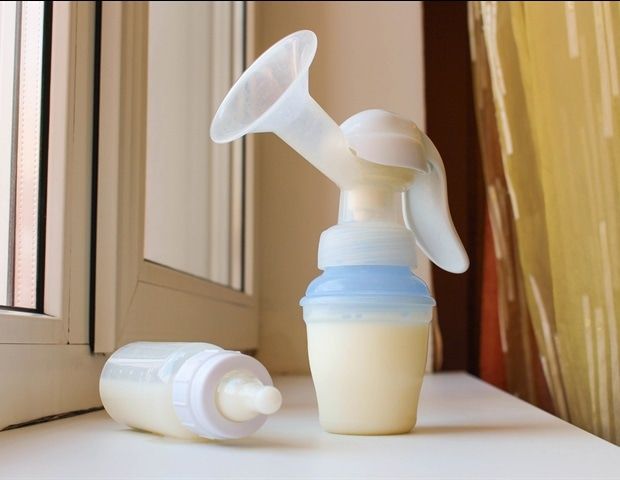For a long time, biohackers have been playing with magnets by embedding then under their skin as a novelty extra-sensation. I, personally, don’t see the point, but morphological, taxonomic, and cladic freedom are at work so I celebrate their actions.
Our skin’s ability to perceive pressure, heat, cold, and vibration is a critical safety function that most people take for granted. But burn victims, those with prosthetic limbs, and others who have lost skin sensitivity for one reason or another, can’t take it for granted, and often injure themselves unintentionally.
Chemists Islam Mosa from UConn, and James Rusling from UConn and UConn Health, along with University of Toronto engineer Abdelsalam Ahmed, wanted to create a sensor that can mimic the sensing properties of skin. Such a sensor would need to be able to detect pressure, temperature, and vibration. But perhaps it could do other things too, the researchers thought.
“It would be very cool if it had abilities human skin does not; for example, the ability to detect magnetic fields, sound waves, and abnormal behaviors,” said Mosa.







